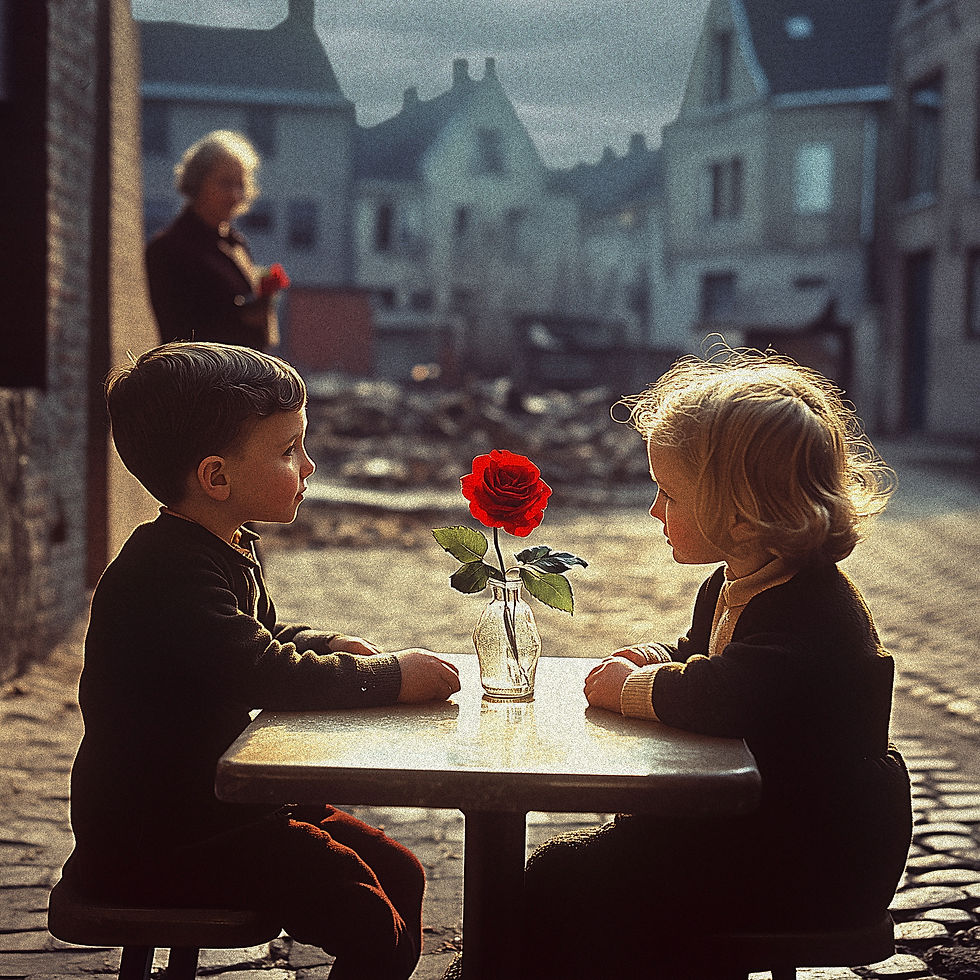A Tribute to a Courageous Innovator: Dr. Maria Montessori's Life Journey
- Felipa Gaudet - Empowered Montessori LLC

- Sep 2, 2025
- 4 min read

When I made the Maria Montessori’s Life Journey Lesson Set and Guide, I thoroughly loved this opportunity to dive deep into Dr. Maria Montessori’s life by revisiting her writing and reading articles, books and watching videos about her life.

While Dr. Maria Montessori is renowned for her innovative, child-centered educational method that spread throughout the world, her early achievements as a scientist, physician, and feminist can also provide us with inspiration.

Dr. Montessori’s determination, resilience, courage, critical thinking and hope led her to break through gender barriers to access educational and career opportunities, develop a groundbreaking educational method that transformed early childhood education (and beyond), stand for peace and freedom amidst pressures by fascist dictators and continually learn as she traveled throughout many lands.

Born in a small village in Italy in 1870, Maria Montessori attended a technical school in Rome, studying math and science at a time when it was uncommon for girls to do so. Despite her father’s initial objections and facing ostracism by the male students and professors, Maria Montessori became one of Italy’s first women physicians. In addition to her work as a physician and professor, she advocated for women and children’s rights, as well as for those with special needs.

With the opening of her first school, Casa dei Bambini, she gave our world the gift of her educational method. While all these accomplishments are impressive on their own, when considering the strict gender roles and sexism at the time, the enormity of her accomplishments becomes even more clear.

In her later life, despite Mussolini’s initial support of Dr. Montessori’s schools in Italy, her refusal to indoctrinate the children in her programs with blind patriotism to the fascist government led her to be a target of his regime. Fearing for both her schools and her personal safety, she and her son eventually fled Mussolini’s fascist rule as Mussolini shuttered her schools. In Germany, the Nazi regime closed Montessori schools and burned her books, reflecting the broader suppression of her educational method under authoritarian regimes.

Maria and her son, Mario, left the Netherlands for a business trip to India less than a month before the Nazi invasion, sparing them from being there during the invasion. While in India during World War II, her son was briefly imprisoned due to their Italian citizenship when Italy entered the war.

While she experienced upheaval, fear and notable struggles during the war, her time in India was enormously influential. Immersed in India’s rich philosophical and spiritual traditions, she learned from Mahatma Gandhi, Rukmini Devi and others about “one life”, or the interconnectedness of all beings, which became the foundation for Montessori’s cosmic education.

Following the war, when she returned to Europe, she rebuilt her schools and advocated for peace. She was thrice nominated for the Nobel Peace Prize. Although it was not awarded to her, her work for peace and justice continues to this day via her legacy - her educational method that she shared with us.

A Montessori education is a radical prospect, as its structure promotes liberation, interdependence and metacognition – in short, it promotes empowerment. Based upon the closure of Dr. Montessori’s schools by multiple dictators and fascist leaders, we cannot underestimate how threatening this method is for autocratic rulers, as it develops within young people freedom and empowerment. By simply being a Montessori guide, whether it be in a school, homeschool or community center, your work is a living testament to the poignant and profound truth that children are our future. Our hope for peace starts with the work that we do today.

"An education capable of saving humanity is no small undertaking; it involves the spiritual development of the [person], the enhancement of [their] value as an individual and the preparation of young people to understand the times in which they live." - Dr. Maria Montessori


Comments